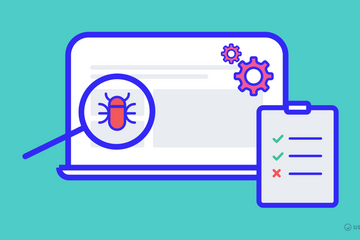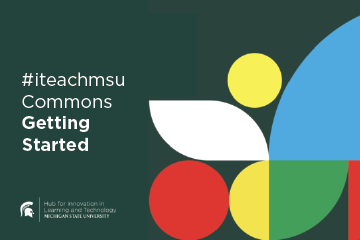Browse
Posted on: #iteachmsu

Justice and Belonging
Smoke test
Authored by:
Chathuri Super admin..
Posted on: #iteachmsu

Navigating Context
Should you take a daily supplement?
Authored by:
Chathuri Super admin..

Posted on: Nutrition -- Edited...

Navigating Context
What is nutrition and why is nutrition important?
Authored by:
Shravya Mhetre

Posted on: Nutrition -- Edited...

Justice and Belonging
Nutrition -- Edited
Authored by:
Chathuri Super admin

Posted on: #iteachmsu

Justice and Belonging
Introduction of DBMS (Database Management System)
Authored by:
Shravya Mhetre

Posted on: Heart Health

Disciplinary Content
Heart health
Authored by:
Chathuri Super admin

Posted on: 9 Proven Time Management Techniques and Tools | USAHS

Navigating Context
Poor Listening Skills
Authored by:
Chathuri Super admin

Posted on: #iteachmsu

Assessing Learning
Getting Started In the #Iteachmsu Commons
Posted by:
Chathuri Super admin..

